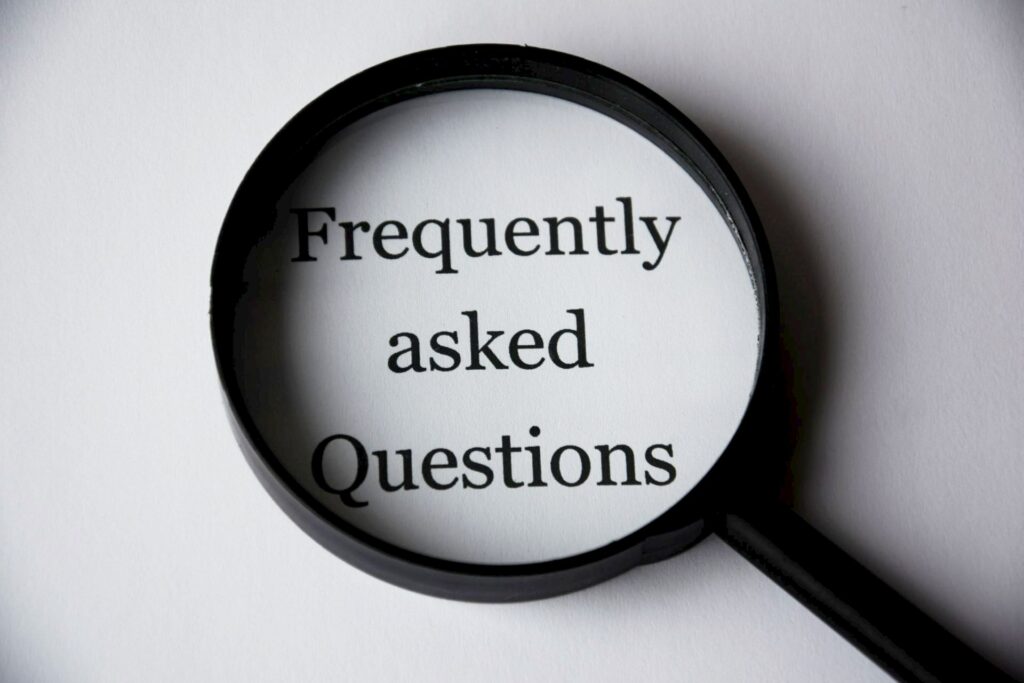If the executor dies while the estate is being administered, it can create many complications, says a recent article, “What Happens If the Executor of My Will Dies?” from yahoo! finance. One solution is to name a successor executor to avoid some of the problems. Many people fail to do this or do not want to do this. Failing to name alternates can sometimes lead to difficulties that might have been avoided.
In estate planning, an executor is charged with settling the estate of a deceased person. The executor is named when your will is created. That is when you have the opportunity to name the person you trust to act as an executor. If you die without a will in place or your will fails to name an executor, any interested party can petition the probate court to become the executor.
You probably prefer to select the person to be your executor, rather than hoping the court names someone you trust to follow your wishes.
The executor has a number of tasks to complete, including but not limited to:
- Creating an inventory of the decedent’s estate
- Notifying creditors of the decedent’s passing
- Liquidating estate assets to pay creditors
- Distributing remaining assets among heirs according to the terms of the will
Executors have a fiduciary duty when settling estates, meaning they must always act in the best interest of the decedent’s heirs. If they fail to do this, they can be removed.
If the executor dies before the person who makes the will, a new one needs to be named. This is yet another reason why last wills need to be updated on a regular basis, especially if the executor is close in age to the testator, the person who created the will.
The court will name an executor if the testator fails to update their will or write a new one. Any interested person can petition the court, which may not be what you had in mind. Someone who is not qualified or doesn’t have the best interest of heirs could be appointed.
What if the executor dies during the probate process? If a successor executor is named in the will, they can step up to finish the estate settlement. However, this only happens if the testator names one or more successor executors. When there is no successor executor named, the court will name one.
The easiest way to avoid complications arising from the death of the executor is to name one or more successor executors. Another is to place most or all of your assets in a trust, which would allow them to bypass probate. For a trust, you’ll need to name a trustee who will manage assets on behalf of beneficiaries.
Placing assets in a trust avoids complications following the death of an executor as the trustee would be responsible for distributing the assets. Instead of waiting for probate to be included, the trust beneficiaries could receive their assets according to the terms of the trust.
Reference: yahoo! finance (May 15, 2023) “What Happens If the Executor of My Will Dies?”


